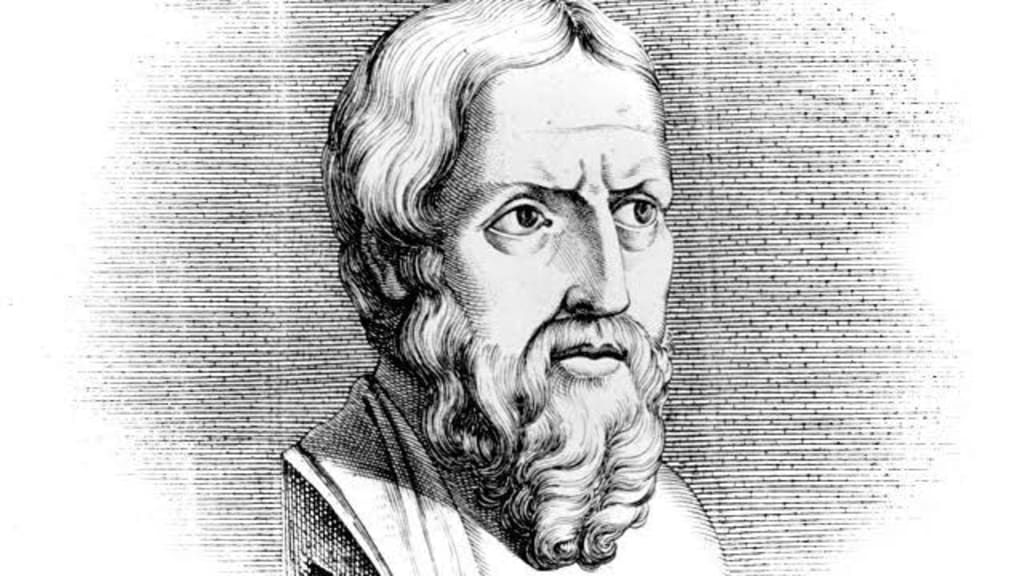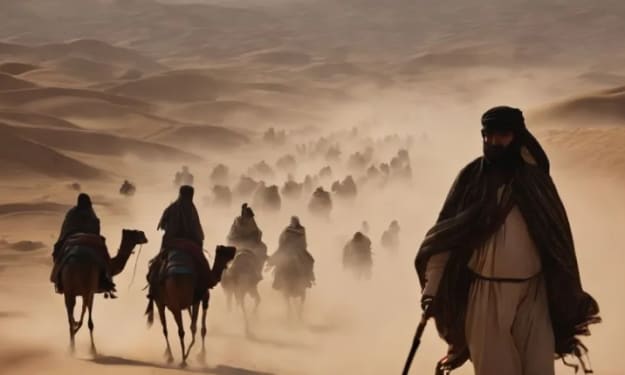
A Brief Journey through History: The Essence of Human Civilization Introduction (50 words): History is a fascinating exploration of the past that allows us to understand the foundations of human civilization. In this concise article, we take a remarkable journey through key historical events that have shaped our world, highlighting the noteworthy contributions of various cultures and civilizations. Early Civilizations (100 words): The earliest known civilizations emerged around 5,000 years ago, in ancient Mesopotamia and Egypt. These societies developed impressive systems of governance, built magnificent structures, and established organized economic and social structures. In Mesopotamia, the Code of Hammurabi became one of the first systems of written laws. Similarly, Egypt's pyramids stand as awe-inspiring testaments to their architectural prowess. These early civilizations laid the groundwork for future societal advancements and paved the way for the growth of subsequent cultures. Classical Era (150 words): The Classical Era witnessed the flourishing of several influential societies. Ancient Greece, known for its democratic ideals and philosophical enlightenment, produced celebrated thinkers like Aristotle, Plato, and Socrates, whose ideas continue to shape our contemporary world. Concurrently, in ancient Rome, political and military dominance played a pivotal role. The Roman Empire expanded its territories, constructed remarkable infrastructure such as roads and aqueducts, and contributed to the spread of Christianity. Middle Ages and Renaissance (150 words): The Middle Ages witnessed significant political changes, with feudalism dictating social structure and monarchies dominating Europe. The Renaissance brought a cultural rebirth, leading to advancements in the arts, science, and exploration. Iconic names such as Leonardo da Vinci and Michelangelo emerged during this period. Exploration also took center stage, with figures like Christopher Columbus venturing beyond known borders. Industrial Revolution and Modern Era (150 words): The Industrial Revolution propelled humanity into a new age characterized by rapid technological advancements and urbanization. Steam power, mass production, and the advent of railways transformed economic and societal landscapes. Meanwhile, political movements like the American and French Revolutions generated upheaval, leading to the rise of democratic ideals and the protection of individual rights. Conclusion (50 words): From ancient civilizations to the modern world, history has shaped the course of humanity, leaving indelible imprints on our societies. As we delve into the annals of time, we discover the diverse struggles, triumphs, and innovations that define who we are today. Understanding history enables us to comprehend our collective journey and guides us towards a better future.
Throughout the vast tapestry of human history, countless stories have woven together to shape the world we live in today. From the earliest civilizations in Mesopotamia and Egypt, to the classical eras of Greece and Rome, and the transformative periods of the Middle Ages, Renaissance, and Industrial Revolution, each era has left its mark on the trajectory of our collective existence. These early civilizations laid the groundwork for societal progress, establishing complex systems of governance, constructing impressive architectural wonders, and codifying laws that would influence future legal systems. The thinkers of Ancient Greece, such as Aristotle, Plato, and Socrates, paved the way for philosophical enlightenment, while the dominance of the Roman Empire brought political and military influence to the forefront. The Middle Ages saw the rise of feudalism and monarchies, shaping the social structure of Europe, while the Renaissance sparked a cultural rebirth, ushering in advancements in the arts, sciences, and exploration. Figures like Leonardo da Vinci and Michelangelo emerged, leaving behind timeless works of art. The Industrial Revolution was a turning point in history, with the advent of steam power, mass production, and urbanization reshaping economies and societies. This period also witnessed political upheaval, as revolutions in America
And France challenged





Comments (2)
Thanks you so much for reading my articles Almighty God will bless you all
Good job